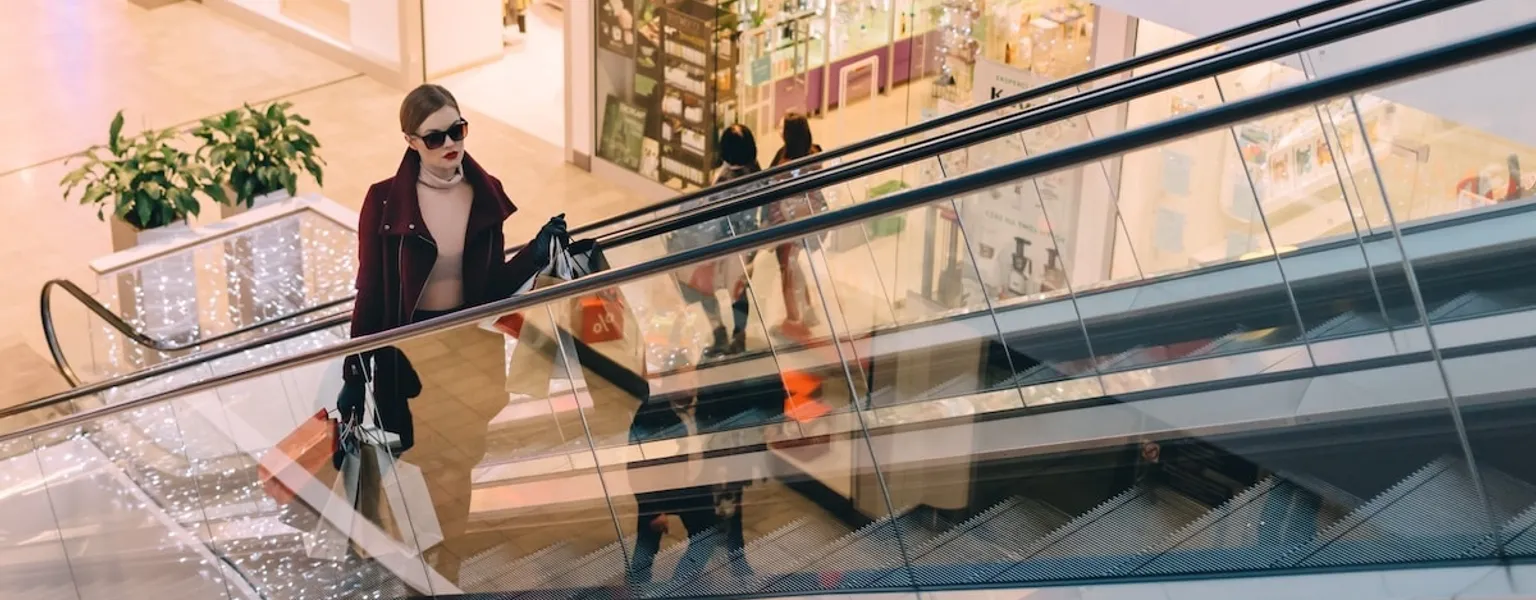Study highlights growing US consumer preference for sustainable and intelligent packaging

Business
A recent survey conducted by DS Smith has highlighted a growing demand among U.S. consumers for more sustainable and intelligent packaging solutions.
The Unboxing Consumer Preferences on Sustainable Packaging study, which surveyed 1,048 U.S. adults, found that sustainability is a key factor influencing perceptions of shipping packages, with many consumers paying close attention to brands’ waste reduction efforts both in-store and through e-commerce.
The findings suggest that packaging design and material choices play a crucial role in shaping consumer opinions. Nearly half of respondents (46%) expressed frustration with excessive empty space in packaging, with three-quarters of that group interpreting it as a sign that a brand does not prioritise sustainability. In-store, 33% of consumers have noticed improved waste reduction measures such as paperless receipts and the phasing out of plastic bags.
The survey also shed light on preferences for packaging materials, with 50% of respondents viewing Styrofoam as a last resort for protective stuffing, while one in five said they would avoid purchasing from a company that uses it.

Beyond sustainability, the study revealed strong interest in intelligent packaging—solutions that incorporate sensors to maintain optimal product conditions or temperature. Around 75% of respondents expressed interest in these features, with 28% indicating they would be willing to pay up to $5 more for an intelligent package.
Cheryl Holliday, Director, Marketing for DS Smith North America, said: It is clear from the Unboxing Consumer Preferences survey that U.S. consumers are not only concerned about the sustainability of their packages, but they are also willing to do their part and pay more for a better solution. We are encouraged by the importance retailers and consumers are putting on sustainable packaging and believe the solutions exist to help manufacturers and retailers meet these expectations.
Consumers are also showing an increasing appetite for connected packaging, particularly those featuring QR codes that provide access to additional content. Personalised discounts, exclusive experiences, and sustainability metrics from manufacturers ranked among the most desired QR-enabled features.
With these insights, the study suggests that businesses have an opportunity to align their packaging strategies with consumer expectations, balancing sustainability with innovation in packaging design and functionality.
Related News
-
Technology
Industry confidence in connected packaging soars to 88.8% in latest survey
-
Business
Amazon pilots sustainability tech including reusable packaging solutions
-
Business
New report highlights packaging as a crucial brand statement in eCommerce
-
Sustainability
Mars introduces 100% recycled plastic pantry jars for iconic brands
-
Events
Fastmarkets Forest Products Europe Conference 2025: Navigating market challenges and innovations in pulp, paper & packaging




